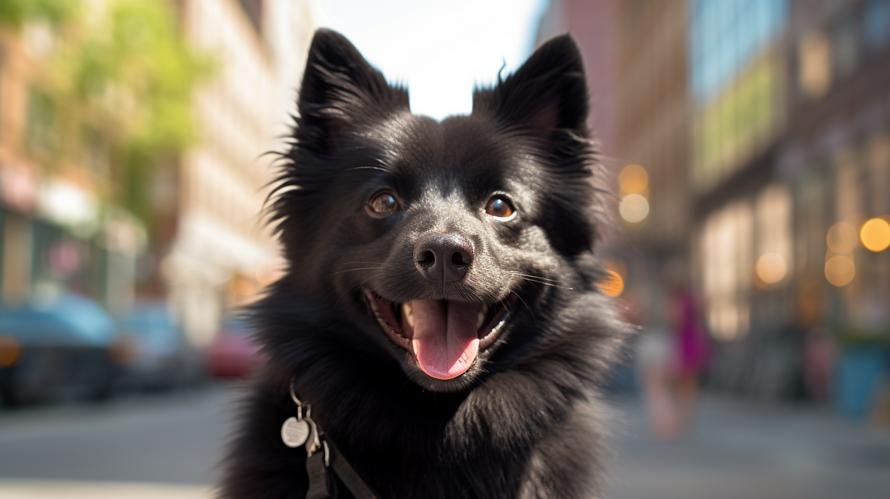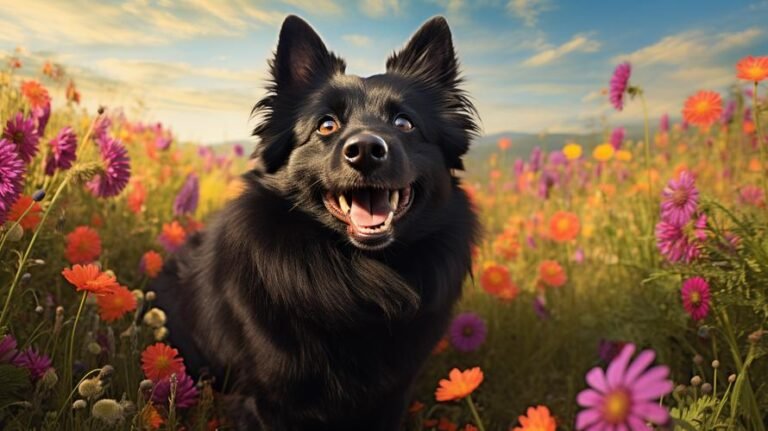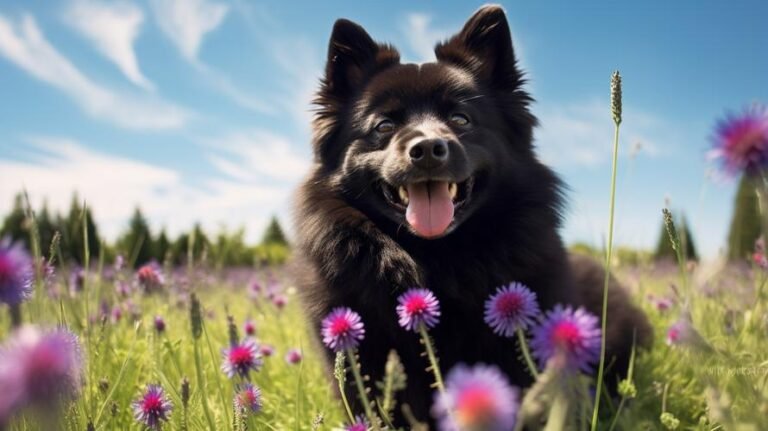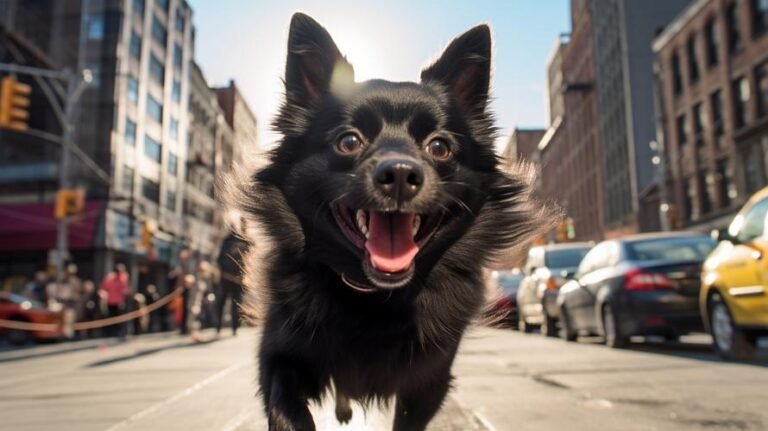Did you know that your Schipperke—that little black ball of mischief and fun—has its roots in Belgium and was initially bred for rat-catching and guarding houseboats? It’s true! These adorable powerhouses might be small, but they are both fiercely loyal and highly energetic. They have a fairly long lifespan and seem to never run out of energy!
However, this high-energy lifestyle also implies that Schipperkes have special dietary needs. While you may be inclined to think that all dog food is the same—protein, fats, carbs, right?—the nutritional demands of a Schipperke can be different from those of other breeds. But why is that?
For starters, Schipperkes have a robust metabolism. This means they have the ability to burn calories and digest food more quickly than other breeds—thanks to their high activity level. Therefore, they necessitate a diet rich in quality proteins and carbohydrates for constant and sustained energy release throughout the day. Furthermore, due to their compact size, they are susceptible to specific health conditions like obesity or joint issues, which can be prevented or managed through a properly balanced diet.
So let’s break it down. What does your Schipperke really need in its bowl?
Proteins are the building blocks of a viable diet for your four-legged friend. They help repair and build their body tissues. Animal-based proteins are the most beneficial because they contain all the essential amino acids your Schipperke requires. Look for ingredients like fish, chicken, beef, or lamb in the dog food you choose.
Carbohydrates provide the necessary energy for your Schipperke’s active lifestyle. Whole grains such as brown rice, oatmeal, or barley are good sources. They are not only rich in energy but also contain essential nutrients and fiber to aid digestion.
Fats, particularly omega-3 and omega-6 fatty acids, contribute to healthier skin and a shinier coat. They also help absorb vitamins and create important hormones. High-quality fats come from reliable sources like fish oil or flaxseed oil.
Then, we have vitamins and minerals, which supplement your dog’s diet and help maintain the normal function of their body systems.
You might ask, “How about the commercial dog foods available in the market? Are they good enough?”
The answer is—it depends. While some commercial dog foods provide a balanced diet suitable for most dogs, not all of them fulfill the unique requirements of a Schipperke.
Ideal dog food for Schipperkes should have high-quality protein as the primary ingredient, sourced from real meat and not by-products. The carbohydrate source should be low-glycemic, meaning they should release energy slowly throughout the day, keeping your Schipperke active.
It’s also vital to be aware of the calories you are feeding your Schipperke. Too many calories, even from nutritious sources, can lead to excessive weight gain, putting your pet at risk of obesity and joint problems. A proper feeding schedule tailored to your Schipperke’s activity level can ensure a balanced caloric intake.
But remember, while food plays a significant role in your dog’s health, other aspects should not be overlooked. Regular exercise not only helps to maintain your Schipperke’s weight but boosts their overall well-being. Mental stimulation like play and training sessions can contribute to a happy and healthier life for your furry friend.
The bottom line is, your Schipperke’s food should be tailored to their unique physiological needs. It must provide the right energy balance, meet growth and maintenance requirements, and support overall health. Before making any major diet changes for your pet, it’s best to consult your vet or a pet nutrition expert.
Investing in your Schipperke’s diet is investing in their health and quality of life. Be sure to give them a diet that empowers them to be the energetic, playful, and healthy dog breed they are known for.



